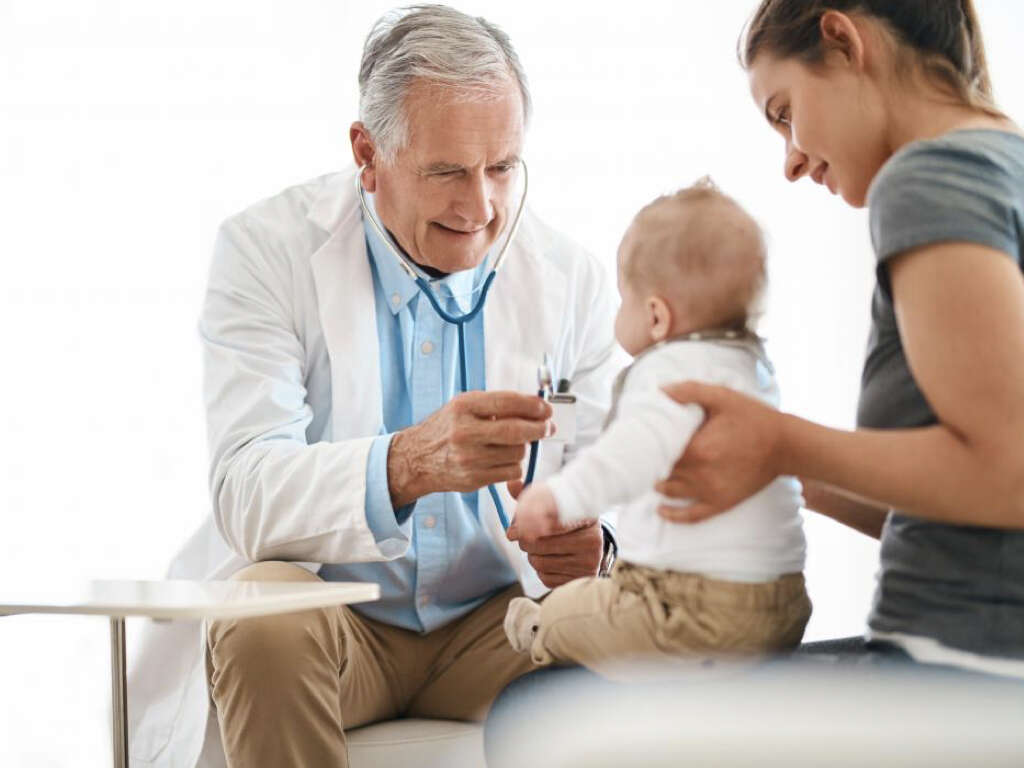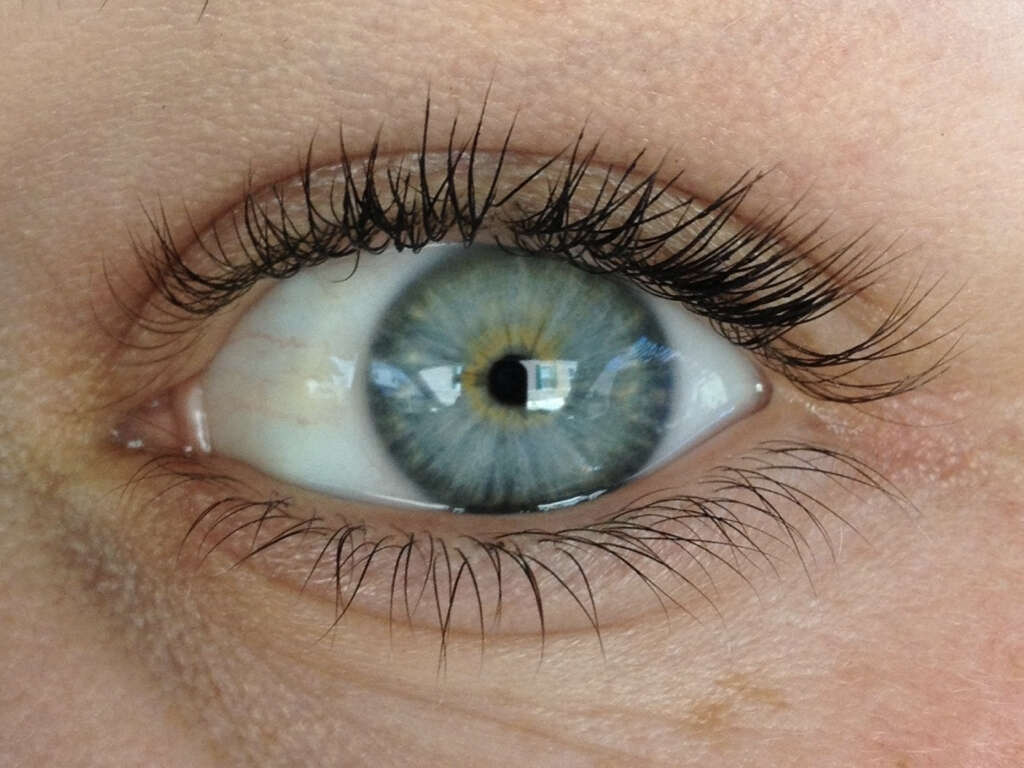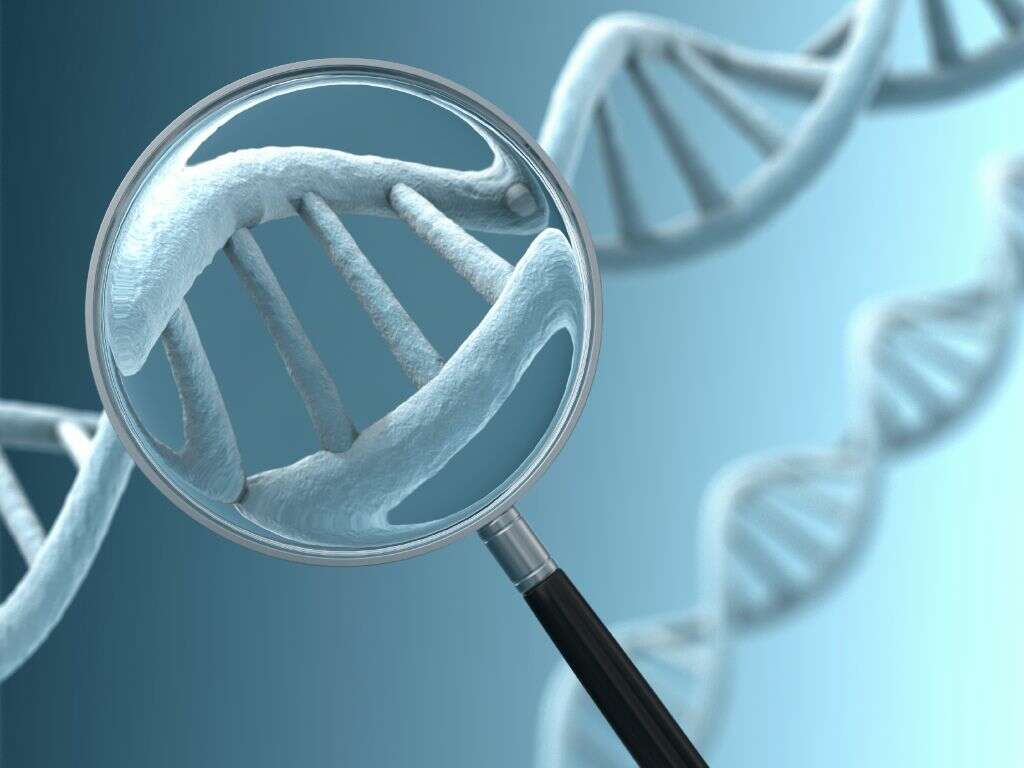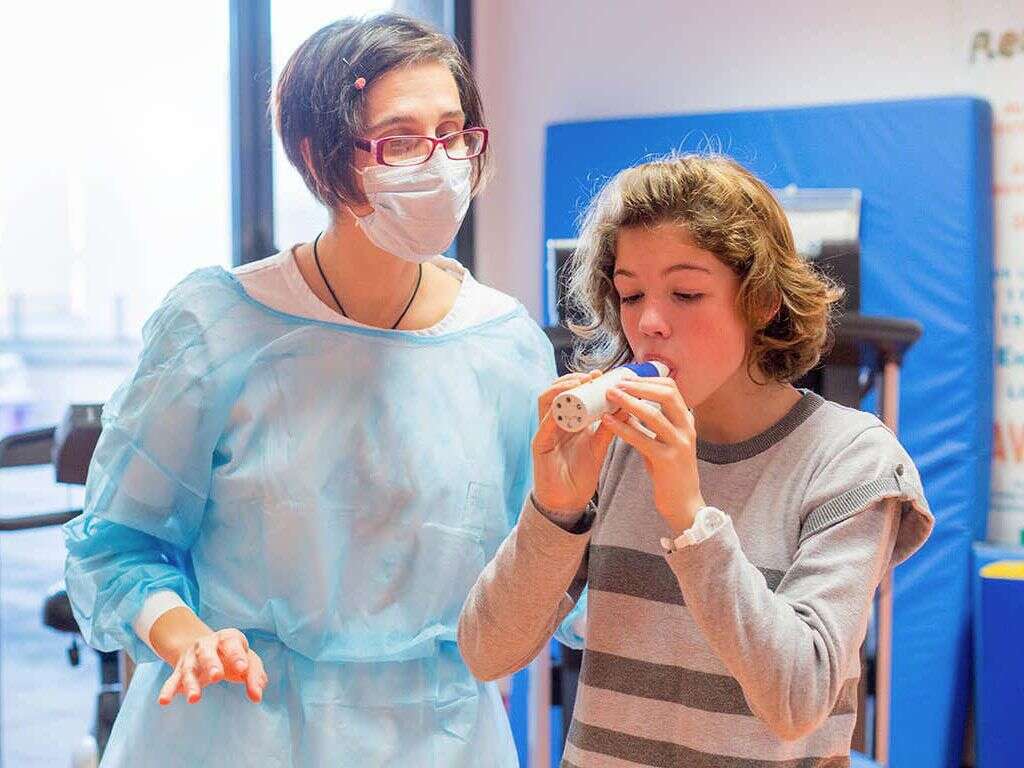10 Phenylketonuria Symptoms
 Article Sources
Article Sources
- 1. 'Phenylketonuria.' NHS.uk, 19 Oct. 2017, www.nhs.uk/conditions/phenylketonuria/
- 2. Murphy, Brian. 'Phenylketonuria and Your Skin.' Phenylketonuria News, 17 Sept. 2020, phenylketonurianews.com/2020/09/17/phenylketonuria-and-your-skin/
- 3. Murphy, Brian. 'Phenylketonuria and the Eyes.' Phenylketonuria News, 24 Sept. 2020, phenylketonurianews.com/2020/09/24/phenylketonuria-and-its-effect-on-eyes/
- 4. Partington, Michael W. 'The Early Symptoms of Phenylketonuria.' Pediatrics, vol. 27, no. 3, Mar. 1961, pp. 465-473
- 5. Healthwise Staff. 'Phenylketonuria (PKU).' Alberta, myhealth.alberta.ca/Health/Pages/conditions.aspx?hwid=stp1354&lang=en-ca
- 6. 'Phenylketonuria.' NORD (National Organization for Rare Disorders), 1 Nov. 2019, rarediseases.org/rare-diseases/phenylketonuria/
- 7. Melania guida. 'Epilepsy and phenylketonuria: a case description and EEG-fMRI findings.' Functional Neurology, vol. 29, no. 1, 2014, pp. 75-79
- 8. 'Frequently Asked Questions | PKU Academy.' EXCEMED - Excellence in Medical Education, www.excemed.org/pku-academy/faq
Behavioral Problems
Young people with phenylketonuria commonly display a range of behavioral problems. This is due to the damaging effects PKU may have on the nervous system along with drops in dopamine and serotonin, which are brain chemicals that play a role in positive feelings.
Children may behave aggressively, throw regular temper tantrums, indulge in acts of self-harm and show other negative behaviors that are atypical for their age. Behavioral issues may be detrimental to bonding and socialization processes with parents, siblings and peers.
Advertisement










